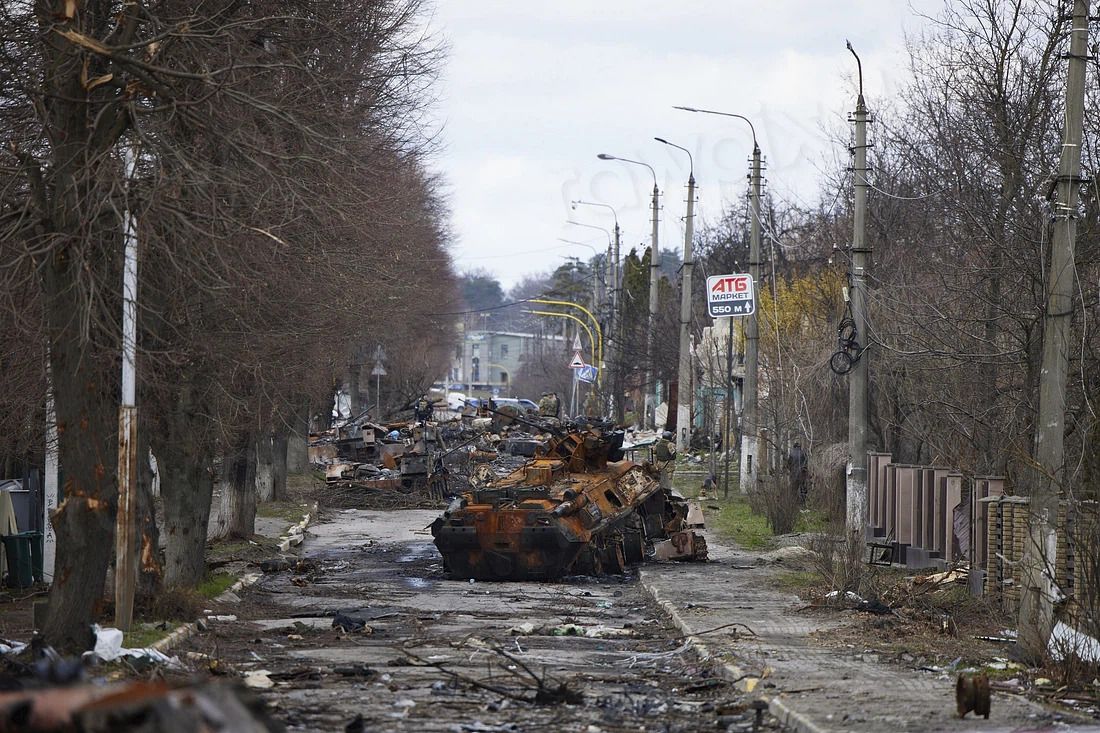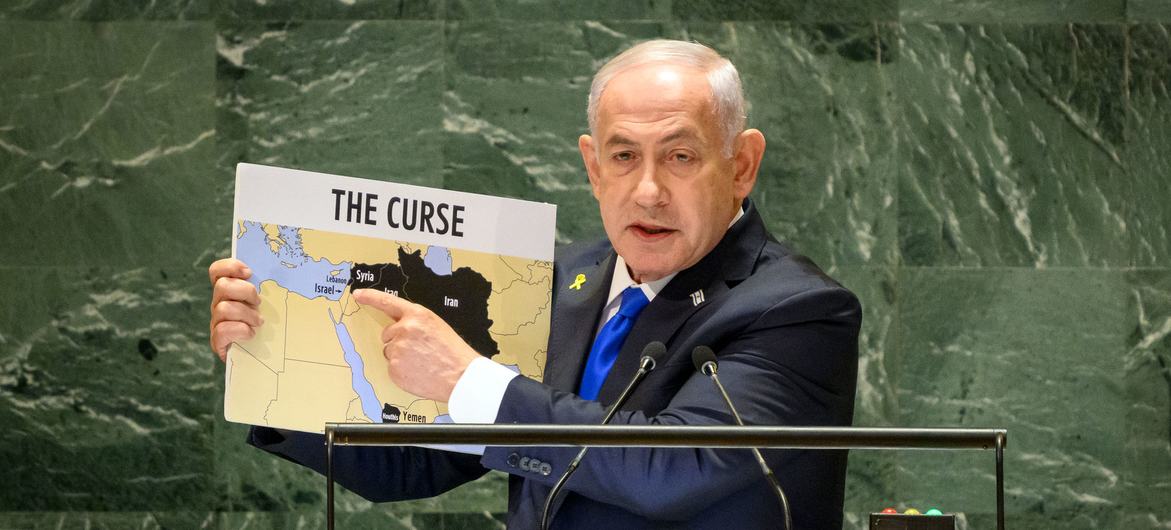The Biden Administration sent a letter this week to Congress urging them to pass an upcoming bill of military aid to various states that would include $61 billion for Ukraine’s war effort.
Warning that nearly all the existing funds authorized by Congress have been spent, Shalanda D. Young, the head of the White House’s Office of Management and Budget, wrote in the letter that the White House is “out of money, and nearly out of time”.
The bill is scheduled for a vote in the Senate on Wednesday, December 6th, though analysts believe it has little chance of succeeding, and is being called to a vote specifically to fail in order to create a sense of urgency. The ‘nay’ votes would, according to reports, be down to disputes over the amount of money the funding bill would provide to US border control.
The legislation would authorize $14 billion for Israel, $7 billion for the Indo-Pacific and Taiwan, and $13.6 billion for the border in addition to the $61 billion for Ukraine.
“Already, our packages of security assistance have become smaller and the deliveries of aid have become more limited. If our assistance stops, it will cause significant issues for Ukraine. While our allies around the world have stepped up to do more, US support is critical and cannot be replicated by others,” wrote Young, but it’s not exactly true that allies have stepped up, at least not yet.

Old world problems
The European Union is currently embroiled in tenser-than-expected budgetary negotiations that wrap up domestic and bureaucratic concerns with the Union’s €50 billion of promised support to the Zelenskyy regime in Kyiv.
Months ago it might have been supposed to have faced little opposition, but an underdog victory for a nationalist party leader in the Netherlands, a new German parliamentary ruling meant to curb spending, and the perpetual hiccup of Hungarian Prime Minister Viktor Orban’s opposition to Ukraine matters, could see the funding delayed, reduced, or eliminated altogether.
A summit in Brussels scheduled for the 14th and 15th of December offers a short deadline for trying to tackle the various issues. The ruling by the German constitutional court found that €60 billion in borrowing requests broke a constitutionally-enshrined debt limit, and though Chancellor Olav Scholtz has said it’s certain that Germany will provide funding for Ukraine, the only method available to him is to cut funding for other things—in the case of the EU, it would be much of the general fund for the period of 2021 to 2027.
France 24 reports that the shock winner of the Dutch elections, Geert Wilders, has softened some of his famously fiery anti-Islam and Euroskeptic dialogue in the run-up to his victory, but Kyiv Independent reports that part of his election manifesto was a call to end funding support for Ukraine, which would likely see his new government, should he manage to form one, cut off assistance and oppose it in Brussels.
Hungarian Prime Minister Viktor Orbán on Friday again vowed to veto the start of Ukraine’s EU membership talks.
Olha Stefanishyna, Ukraine’s deputy prime minister, last week described the EU summit as an “existential moment” for her country, which has only managed to keep the war going this long due to massive deliveries of money and weapons from the West. Yet while the US mainly provides arms and ammunition, the €50 billion is meant to keep the Ukrainian national government from defaulting, suggesting it’s mostly financial support and would therefore provide a different sort of complication should it fall through.
The Financial Times reports that Ukraine funding has become a political football and that Germany and several other states have vowed not to give any money to Brussels and the EU general fund beyond what would go to Ukraine, which again would entail cutting other EU programs, including a proposed €10 million on investments in “strategic technologies” and €19 billion in debt repayments.
If one or both funding programs fall through, Ukraine would face severe shortages of munitions, an unpaid government, and a sovereign debt crisis all while entering the winter combat period when movement across the country becomes easier due to freezing fields. WaL
PICTURED ABOVE: Destroyed Ukrainian tanks during the summer counteroffensive. PC: public domain.



